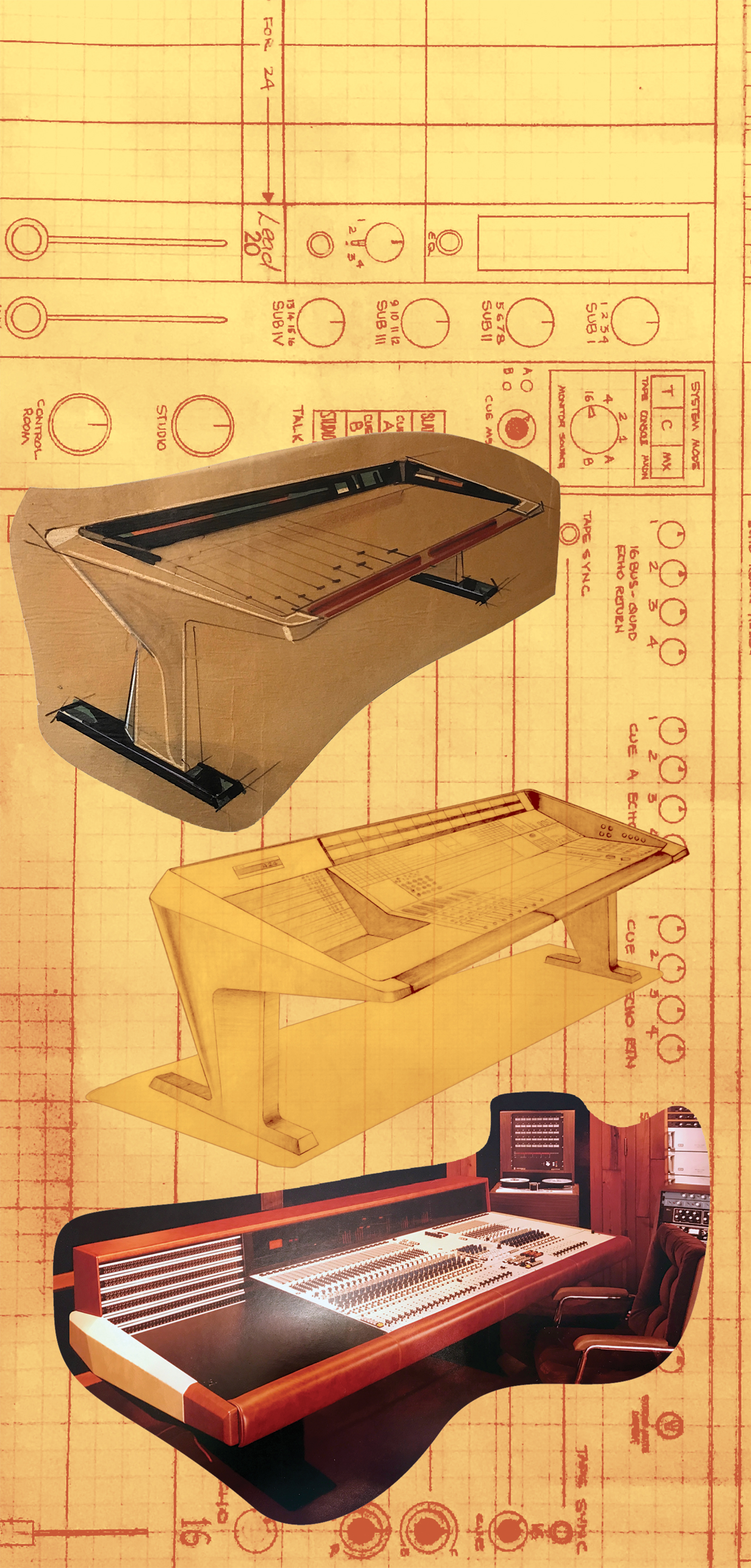I stumbled on this book from a recommendation by a friend from my past corporate life, and I'm passing this tip on. You may not know the name Bonnie Siegler, but you've encountered Siegler's work. The founder of New York-based Eight and a Half design studios, she's been responsible for visuals for Saturday Night Live, Late Night with Seth Meyers, HBO, Brooklyn Public Library, and many more. Along with Tape Op editor Larry Crane, Siegler is also a contributor to the Lynda.com learning website. She's a busy woman! The book, Dear Client: This Book Will Teach You How to Get What You Want from Creative People, is a blast to read and well worth the time for audio engineers to consider. It's billed as a cheat sheet or handbook for clients, so why would an audio engineer care? If you think trying to get a musician to tell you what they want their song to sound like is difficult, you ain't lived until you've worked in an advertising or marketing environment. Growing up in a house where my mother ran a graphics design firm, I can attest that corporate clients originated the concept of, "I don't know what I want, but I'll know it once I see [hear] it!" Sound familiar? Siegler's prose comes with the poise of a trusted confident. After all designer (audio) studio time is expensive, and designers (engineers) are sensitive. She's here to make sure clients get the most efficient experience. She does this through suggestions that ostensibly increase the client's ability to rein in pesky-creatives (us). But the whole action actually grooms the customer (recording artist) to better participate in the process. In short - it helps them focus, determine what they want, communicate that to us, and in the event of discrepancies, crafts feedback and criticism loops that allow us to make edits the client desires. Conversely, the chapters assume a level of professionalism on the creative (us), subtly offering process that should be standard in our studio operations.
I understand most Tape Op readers want to share gear tips, talk about technology, and discuss best practices for the engineering side; we're geeks at heart. But audio is a customer service industry first and foremost, and very few engineers succeed without solid interpersonal skills. With chapters such as "Decide Who Will Decide," "Be Upfront About Money," and "Good, Fast, Cheap," Mrs. Siegler is giving away the keys to the creative kingdom, years of deep experience, and approaches Solomon-level wisdom.




_disp_horizontal_bw.jpg)